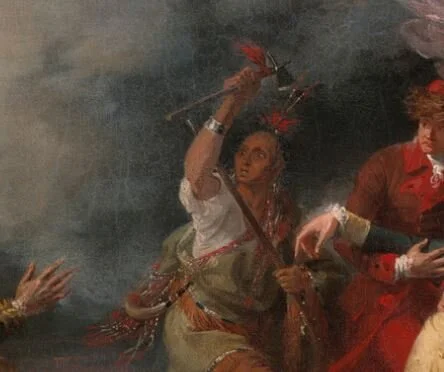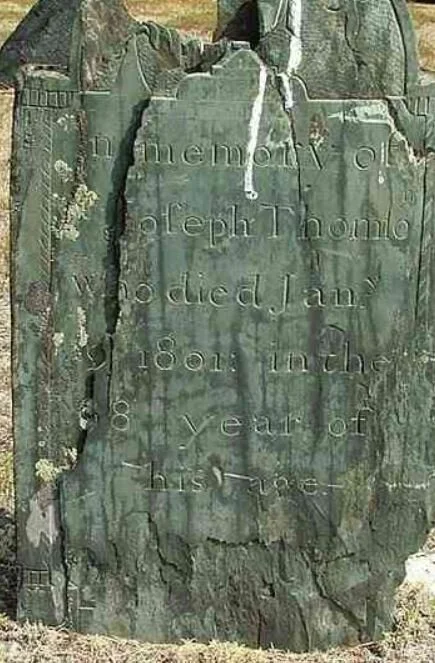The Highest Ranking Native American in the Continental Army - Colonel Louis Cook
Joseph Louis Cook was the only person of Black heritage to be named an officer in the Continental Army.
Furthermore, he was the highest ranking Native American to serve with the Revolutionaries.
Joseph Louis Cook
Joseph Louis Cook was born to a Native American mother and Black father in Upstate New York. His traditional name, Akiatonharónkwen, means ‘he who unhangs himself from the group’.
As a boy, his family was captured by a group of French soldiers and brought to Canada. His parents died shortly thereafter and Cook was adopted by a Mohawk family.
Joseph grew up to become a respected member of the Mohawk Nation, learning to speak several languages including French and English.
Revolutionary
Cook fought with the French in the French and Indian War. When his side lost, Joseph developed a strong distaste for the British.
When the Revolutionary War broke out fifteen years later, Cook joined the Continental Army.
In addition to his skill as a soldier, Joseph was seen as an important negotiator who was able to successfully convince two of the Iroquois Nations (the Oneida and Tuscarora) to align themselves with the Patriots.
Fighting in the North
Cook met George Washington as early as 1775 (though they fought on opposite sides of at least one battle 20 years earlier) and shortly thereafter joined Benedict Arnold in his trek through the Maine wilderness.
Joseph participated in several battles across Upstate New York through the following years, including the Battle of Saratoga and a raid on British ships at Fort Niagara.
He also wintered with the Continental Army at Valley Forge.
Colonel Louis
On June 15, 1779, Joseph Louis Cook was commissioned as a Lieutenant Colonel in the Continental Army.
This makes him the highest ranking Native American Officer to fight with the Patriots.
Furthermore, he is the only Black person to be given an Officer position in the Continental Army.
This position garnered him the nickname Colonel Louis, though his name was often written as Louis Cook.
Negotiations
After the war, Cook became a leader of both the Iroquois and the Seven Nations of Canada.
He was entrusted on several occasions to negotiate with the United States as well as the State of New York to discuss land disputes with the Native peoples.
Unfortunately, Louis was generally outmaneuvered by the Americans and sold off substantial acreage during the early years of the Republic.
He has often been viewed historically as negotiating in bad faith, though the truth seems to be that he had little say in the matter.
The War of 1812
Cook made a lifelong enemy in Joseph Brant, who was arguably the most important Native American leader in Upstate New York and had fought with the British during the Revolutionary War.
Despite this, and his poor land deals, Cook was still respected by the Native Americans in the area and he was able to convince the Seven Nations to refrain from participating in the War of 1812.
By now an old man, Colonel Louis chose to ride with the Americans into battle and was killed outside Buffalo where his remains were put to rest.
If you would like to learn more about Native American/New York relations on the frontier, check out this article I wrote a while back:
Samuel Kirkland - Preacher on the Frontier
Shockingly, Colonel Louis does not have a biography.
However, ‘The Iroquois in the American Revolution’ does a wonderful job going in depth on the topic.
If you’d like a copy you can get one through the Amazon affiliate link below (you’ll support this site, but don’t worry, Amazon pays me while your price stays the same).
Want to get fun American Revolution articles straight to your inbox every morning?
Subscribe to my email list here.
You can also support this site on Patreon by clicking here.
Thanks for your support!






